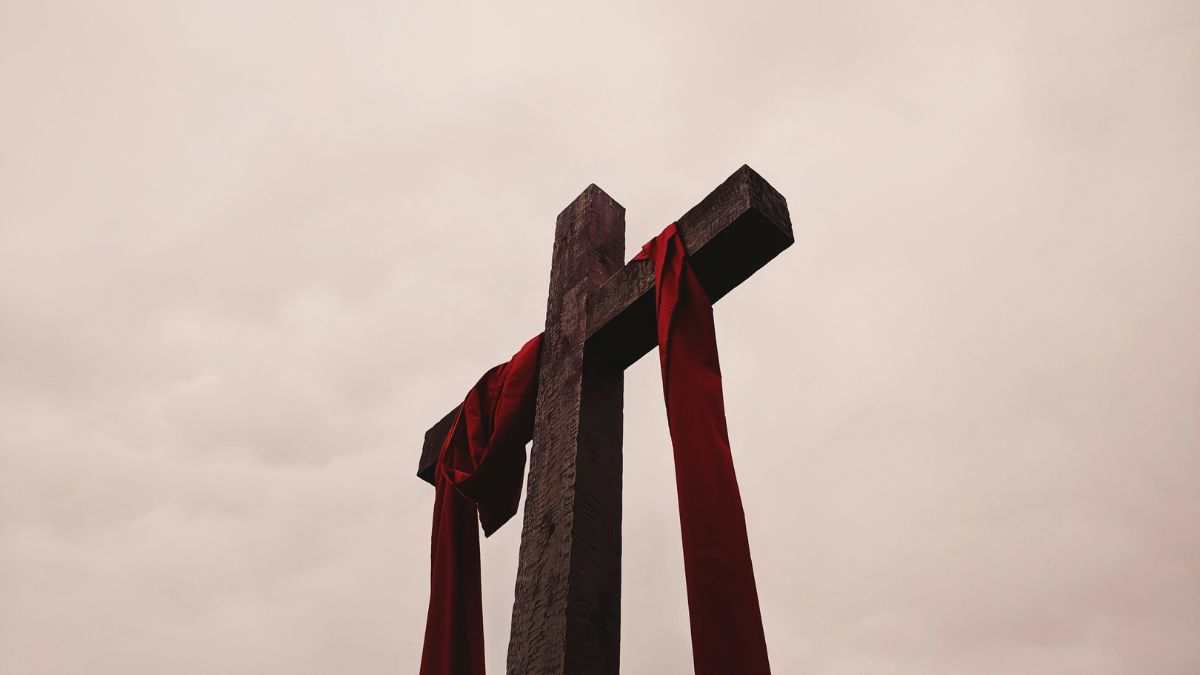

BreakPoint
Just Pipe Down
It wasn't easy, but we managed to do it: In the space of a few weeks last fall, Christians set off raging controversies with almost every major religious group. We Southern Baptists were first off the mark, publishing prayer guides for the conversion of Hindus and Muslims. Outraged Hindus warned of a "holy war." We then published a booklet asking Baptists to pray for the conversion of Jews. And Jewish leaders were incensed, accusing us, as one rabbi put it, of "spiritual racism." In the midst of the ruckus, the Vatican announced a papal visit to India, causing Hindu leaders to demand that the Pope publicly disavow that Jesus is the only means of salvation. Most reporters were sympathetic to the offended parties, often attaching the word "bigot" as a prefix to the word "Christian." Now mind you, we're not talking about Christians carrying signs or saying things offensive to homosexuals. We're talking about Christians urging other Christians to pray for non-believers—or, in the case of the Pope, upholding essential Christian beliefs. So why have religious leaders and the press gone ballistic? The answer has to do with a shift in how we understand pluralism. America's founders were seized by a great liberal vision—a country in which people would freely exchange ideas arising from a plurality of interests. From this dialogue, truth could be rationally discovered. But in today's relativistic environment, pluralism no longer means tolerating competing ideas. It means forced neutrality. According to this view, no one should express any idea that could offend someone else. But this redefinition of tolerance could ultimately have a serious effect on the Christian faith, by attempting to stifle the practice of religious beliefs. Evangelism is, after all, the very heart of "evangelical" commitment. Well, what should we do? First, never compromise our convictions. Many evangelicals want so badly to be acceptable to the culture that they avoid saying or doing anything that might put-off their unsaved neighbors. In one case I know of, a pastor asked worshippers not to bring Bibles to church lest they offend seekers. Second, we must craft an apologetic for why truth claims are good for society. I saw this work in a press conference in India some years back. While acknowledging that Prison Fellowship does good work, one reporter challenged my "exclusivist" message. "All roads lead to heaven," he insisted. I asked him, "Do you know why Mother Teresa helps the dying?" "She's a great humanitarian," he shrugged. "No," I answered. "She does it because she loves Jesus—the One who says He is the only road to heaven. And that's why I work in the prisons. I wouldn't do it for a moral teacher." He had no more questions. Society—like that reporter—wants to have it both ways: They want the benefits of Christian service without the convictions that motivate us. But it doesn't work. The greatest danger to a free society is suppression of the free expression of ideas, which is why the Founders held freedom of conscience to be the first right. When Christians speak out on behalf of religious freedom, we're not trying to silence anyone—we're trying to preserve the best of our great democratic traditions.
02/23/00















